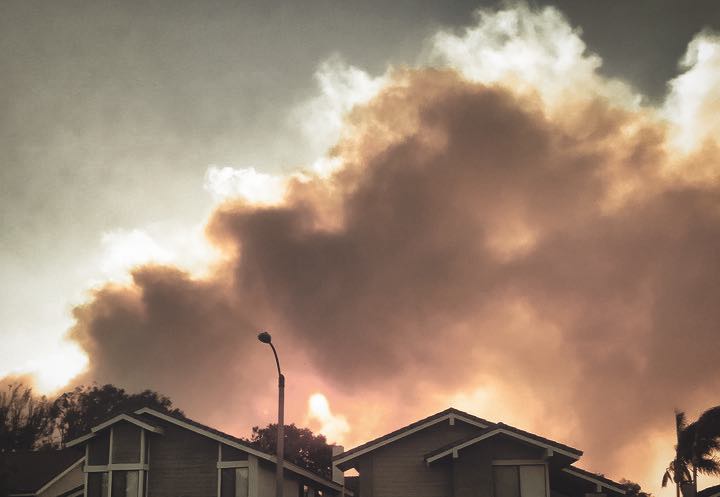Carbon Taxation for Climate Change Mitigation
The “public bad” that is carbon pollution must be taxed and otherwise regulated into discontinuation since other steps have not yet solved climate change and may not. This article demonstrates that with the right amount of voter support, which exists, carbon taxation can be implemented in a progressive manner that ends up with the significant side benefit of alleviating poverty at the national or global levels. Thus, a “universal basic income” can be created through revenue recycling either within each jurisdiction or, with more buy-in than what is currently likely to be the case, at the global level at a later point in time. To be effective, a carbon tax would have to start imminently and potentially at levels between…
Climate compensation cases to head to court
Lawyers often fail to use the most up-to-date scientific evidence on the cause of rising temperatures, a new study finds. As a result, little compensation has been given to climate change victims so far. That could change soon, however. There have been some notable successes for environmental groups, such as in a recent case against Shell decided by a civil court in the Netherlands. So far, around 1,500 climate-related lawsuits have been brought before the courts around the world. This number is estimated to rise. Attorneys and judges thus need to be prepared to keep pace with the work of attribution scientists, so that their judgements are in line with the latest scientific evidence.
Airline Bailouts and Climate Change Re-Regulation
COVID-19 is wreaking havoc around the world and is likely to continue doing so for the foreseeable future. The virus virtually brought airline travel around the world to a standstill soon after it broke out. In the United States, the airline industry was quick to ask for, and get, a sizeable bailout from the U.S. Senate. But the other global killer that has unfortunately taken a back seat to the coronavirus pandemic remains climate change. The traditional debate between “a decade or so” (per IPCC) and “very soon” to curb climate change is largely irrelevant; we know that we have to act expeditiously to avoid potentially disastrous climate change. All industries, sectors, and nations play a role in this. That includes the American airline industry as well. This article proceeds as follows. The airline industry’s…
Electric Utility Wildfire Liability Reform in California
As climate change worsens, so does the risk of wildfires. This is especially so in already hot, dry areas such as the western United States. Adding to this problem is the rapid growth of the wildland-urban interface (WUI). As more and more houses are built in the WUI, wildfires will pose an even greater risk to lives and homes, they will be harder to fight, and letting natural fires burn will become impossible. This article argues that end-consumers who live in the WUI should, to a much greater extent than is currently the case, internalize the full costs of their choices and actions under principles of environmental justice and other notions of fairness in law and policymaking. Published in Environmental…
Rethinking Force Majeure in Public International Law
Climate change is one of today’s most significant and complex problems. The number and level of severity of extreme weather events is increasing rapidly around the world. One year after the next, we learn that heat records have been broken once again. Climate change has been traced to a wide range of severe problems around the world, ranging from the obvious damage caused by hurricanes, floods, extreme rainfall, prolonged droughts, wildfires and a host of other weather-related issues to the perhaps less obvious such as physical and mental illnesses, “civil unrest, riots, mass migrations and perhaps wars caused by water and food shortages.” “It is no longer rationally debatable that climate change will take a huge toll on human health…
An ‘Act of God’? Rethinking Contractual Impracticability in an Era of Anthropogenic Climate Change
“Extreme” weather has become the new normal. What were previously considered to be inexplicable and unpredictable “acts of God” can no longer reasonably be said to be so. They are acts of man. The established doctrine of contractual impracticability rests on the notion that a party may be exculpated from contractual liability if supervening events have rendered a performance impracticable unless the party has implicitly or explicitly assumed the risk of the event. To a large extent, courts still consider the foreseeability of the event and an affected party’s ability to control it. However, it makes little logical or legal sense to continue to allow parties to escape liability for weather events that are in fact highly foreseeable given today’s…



